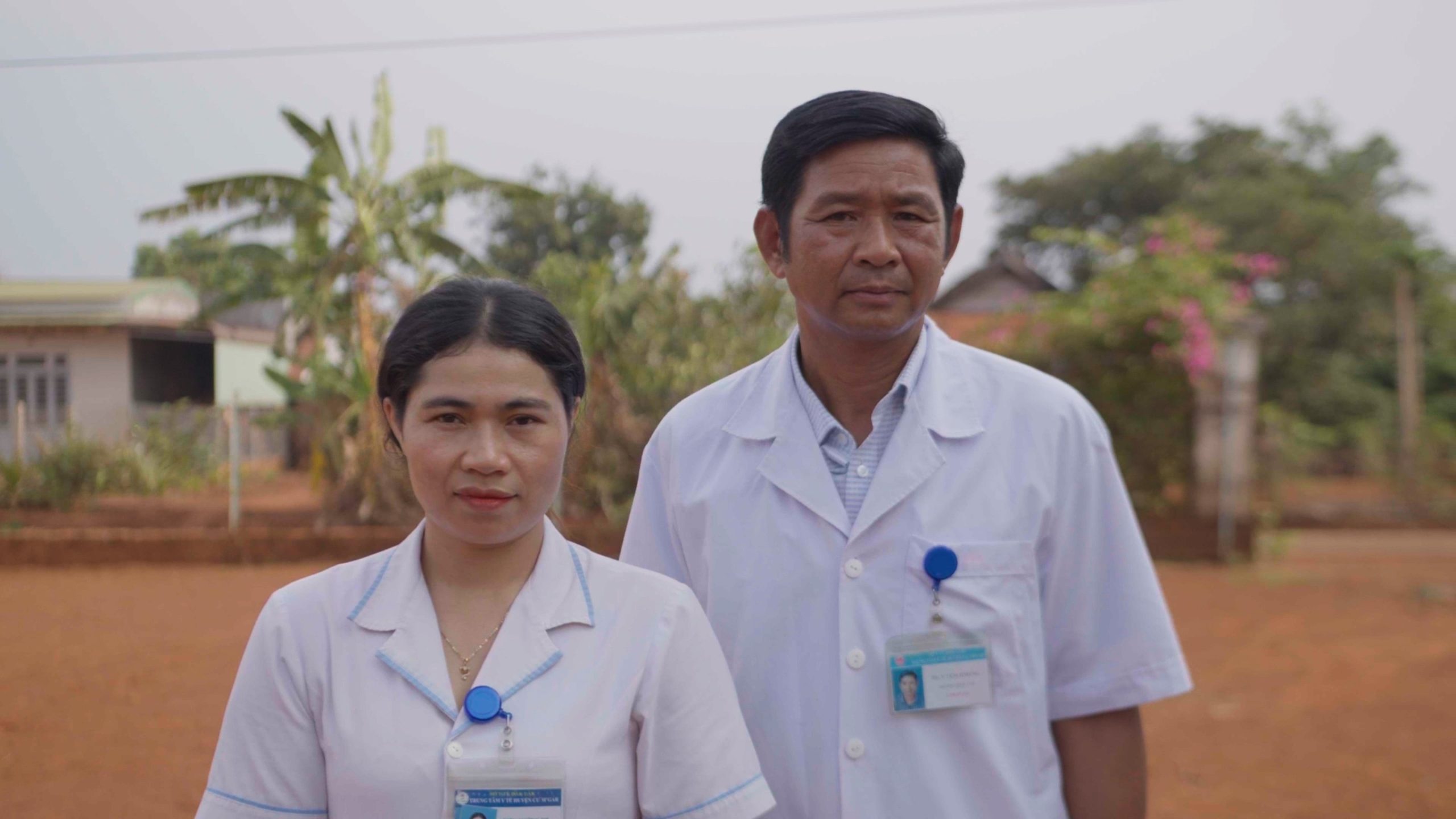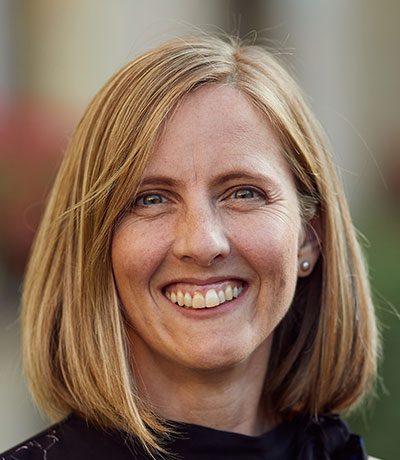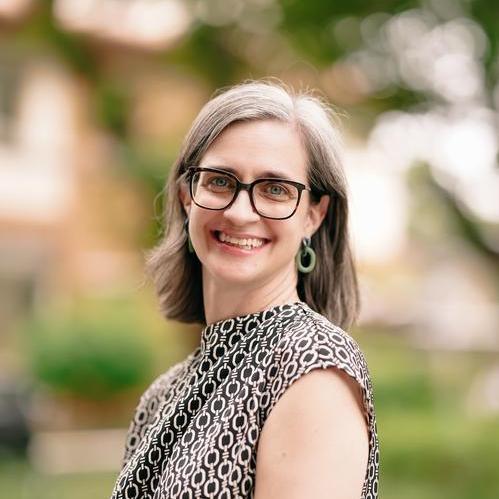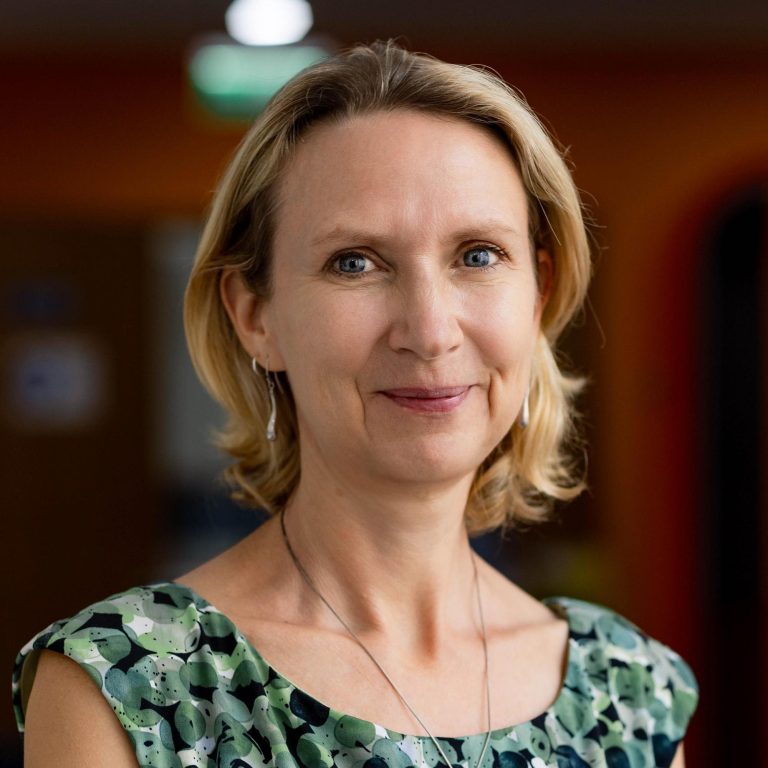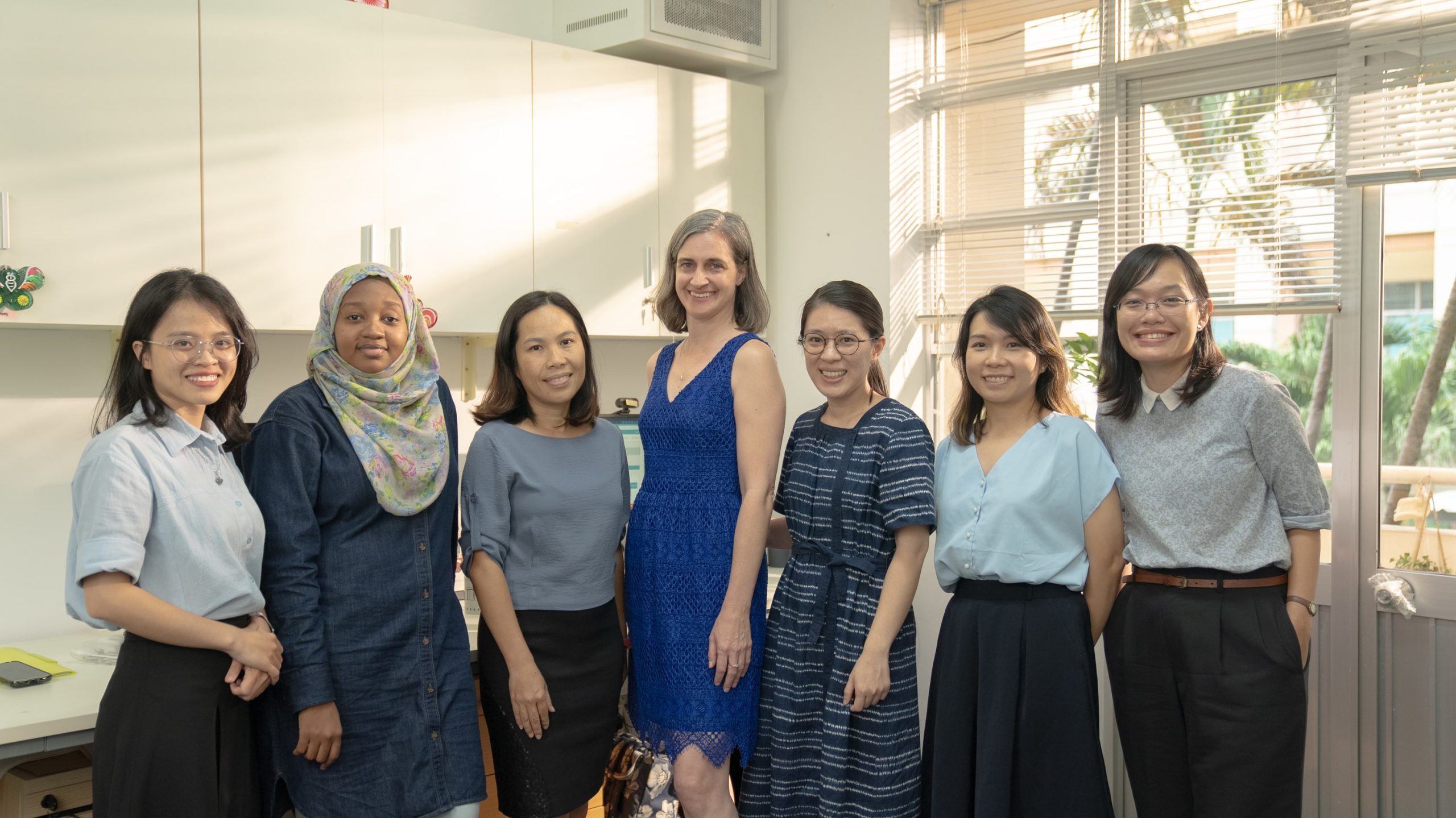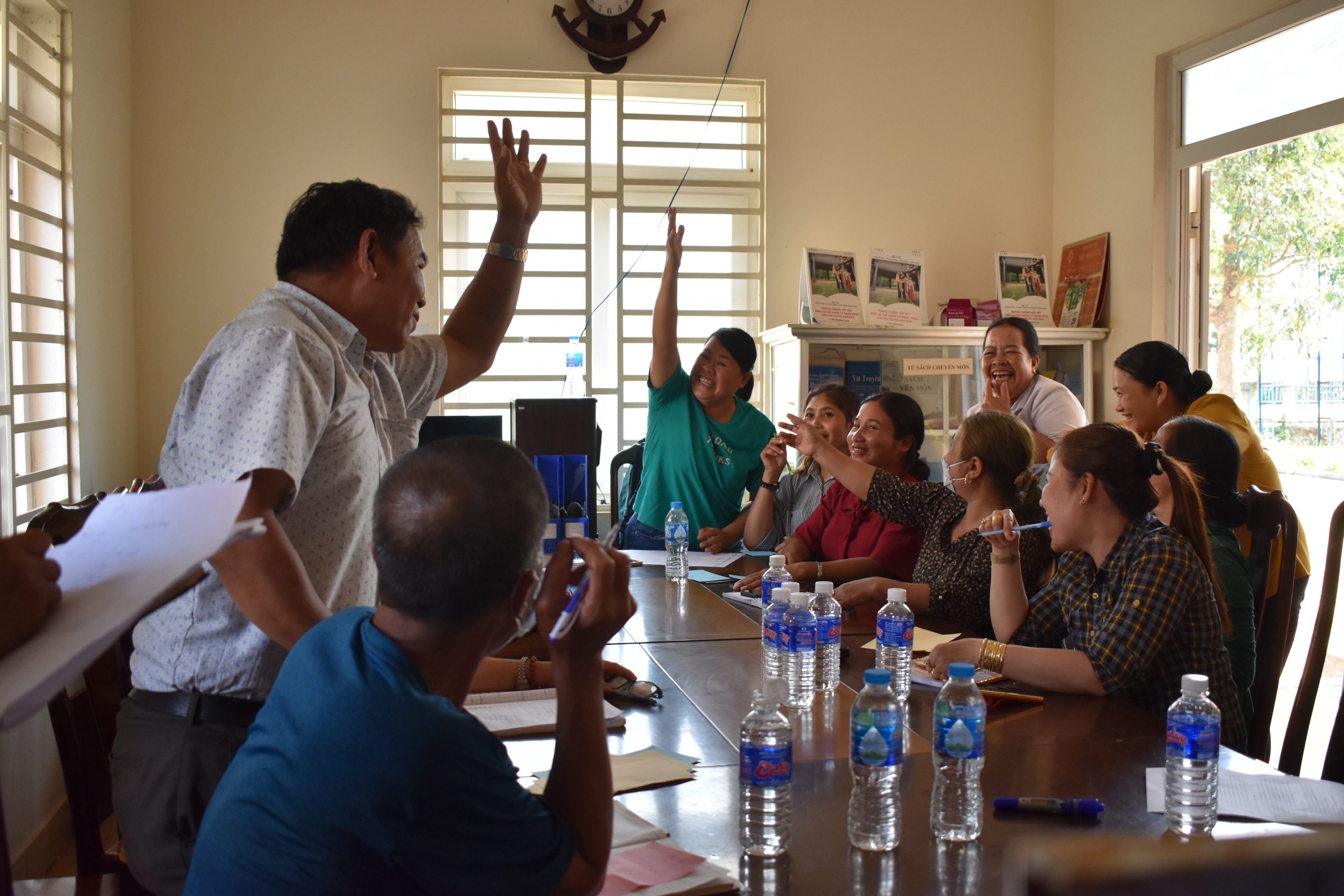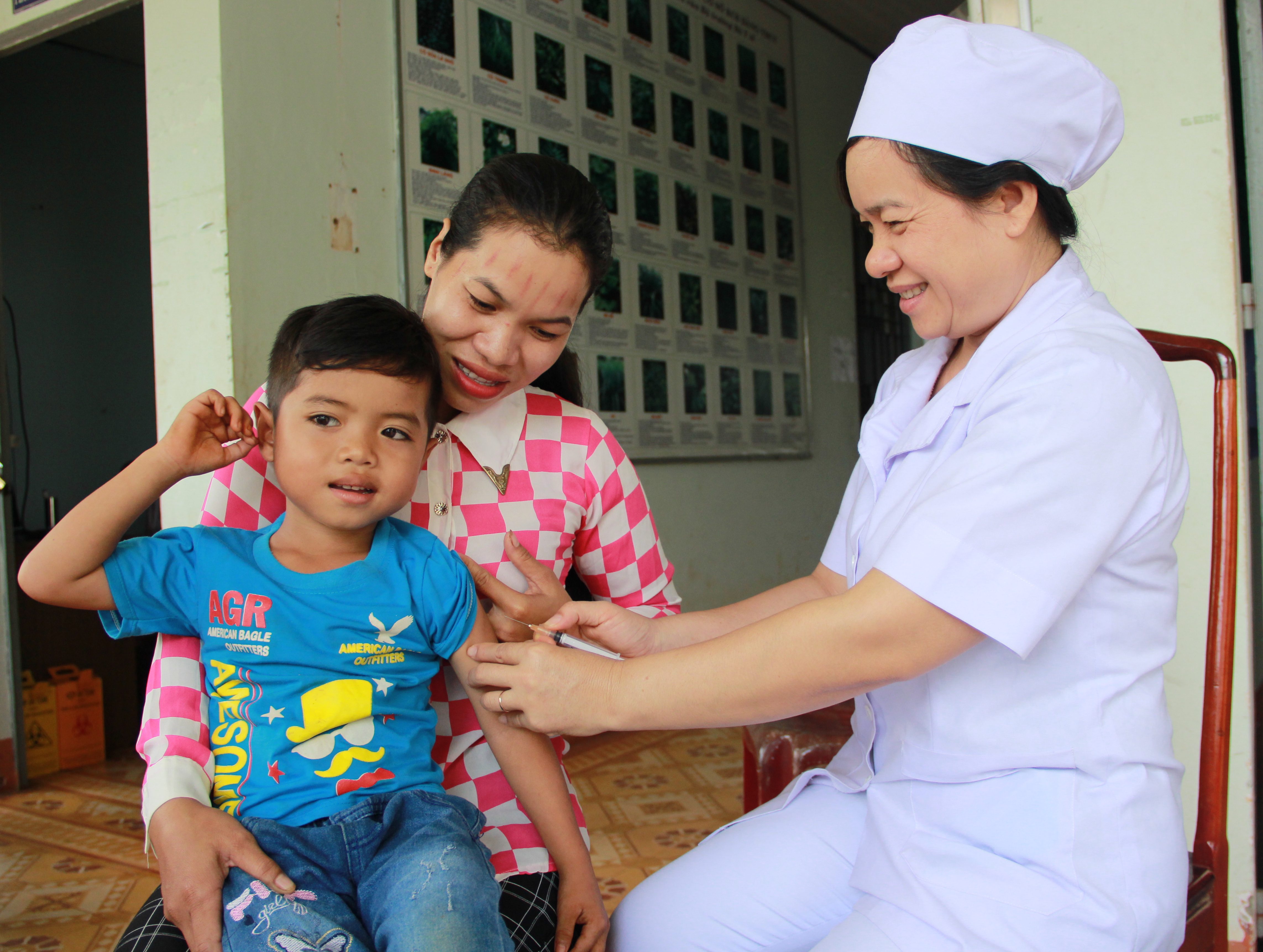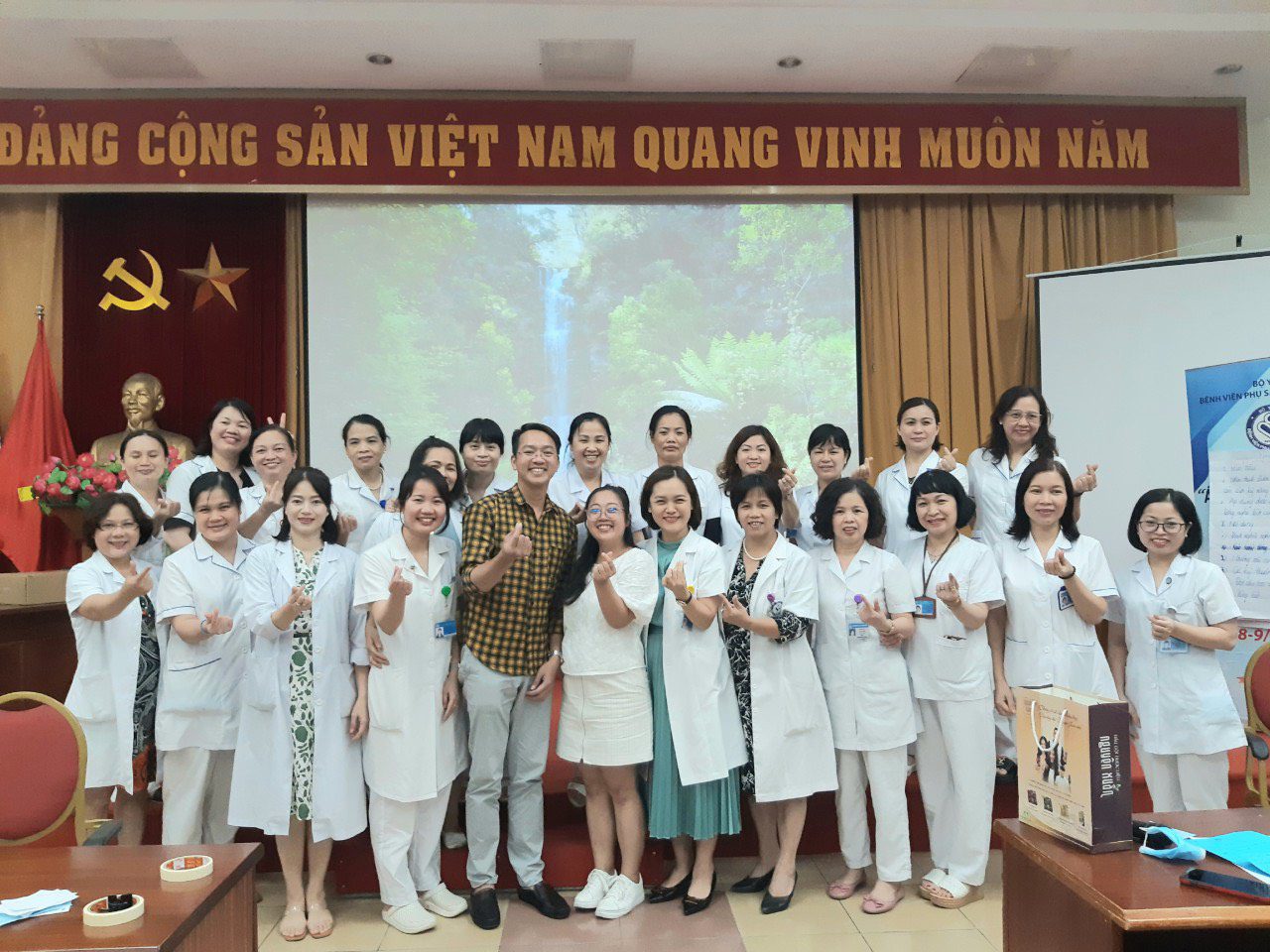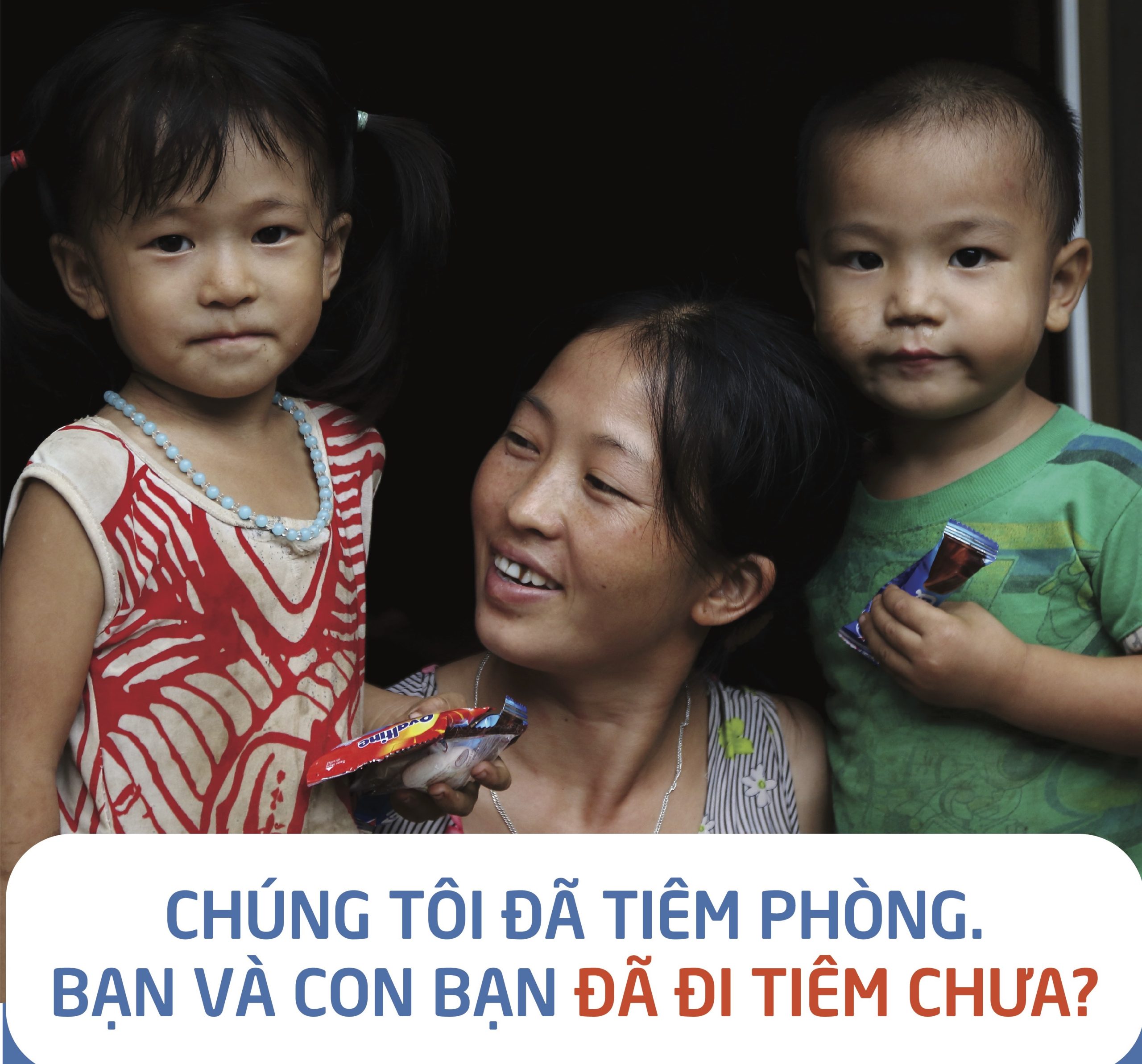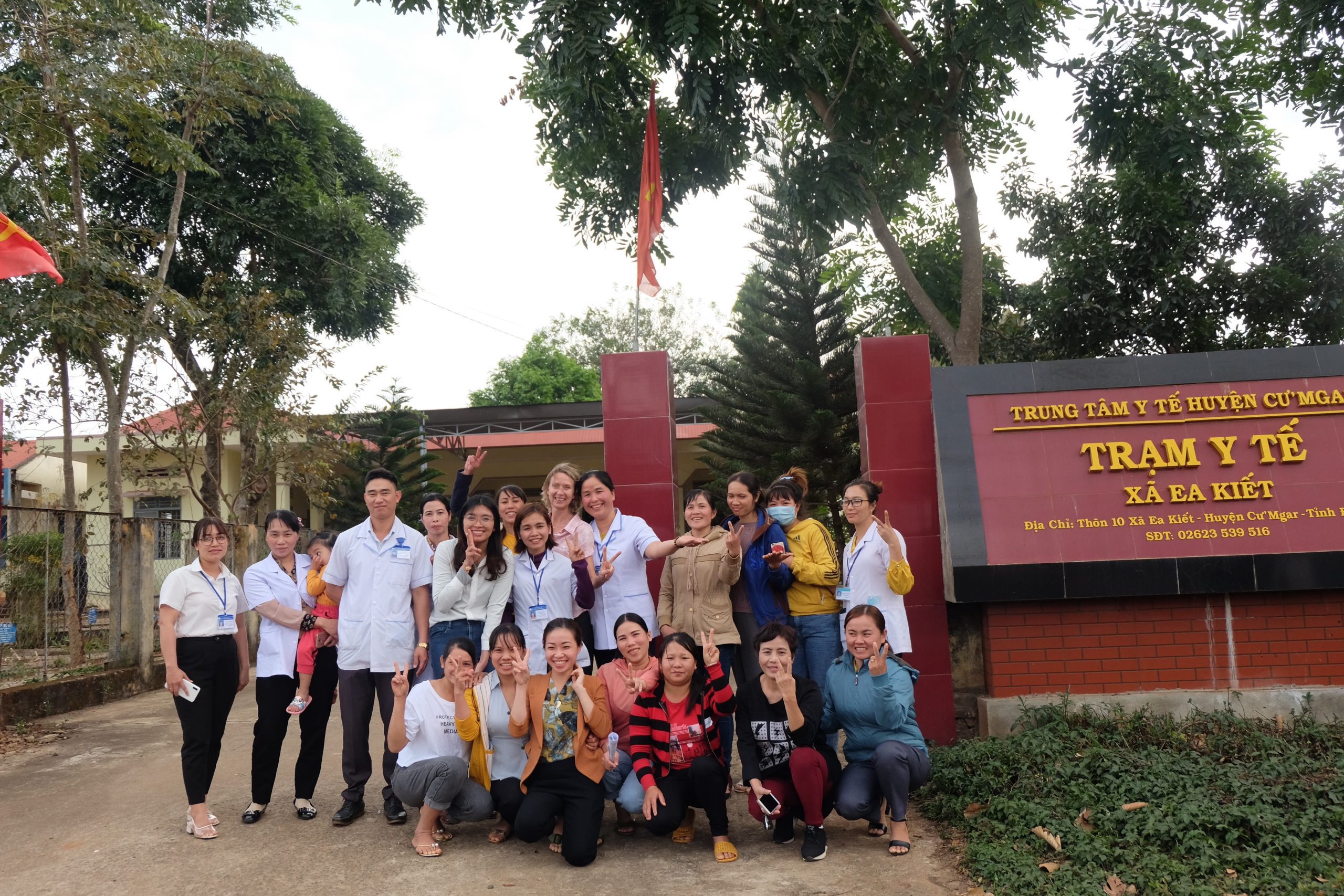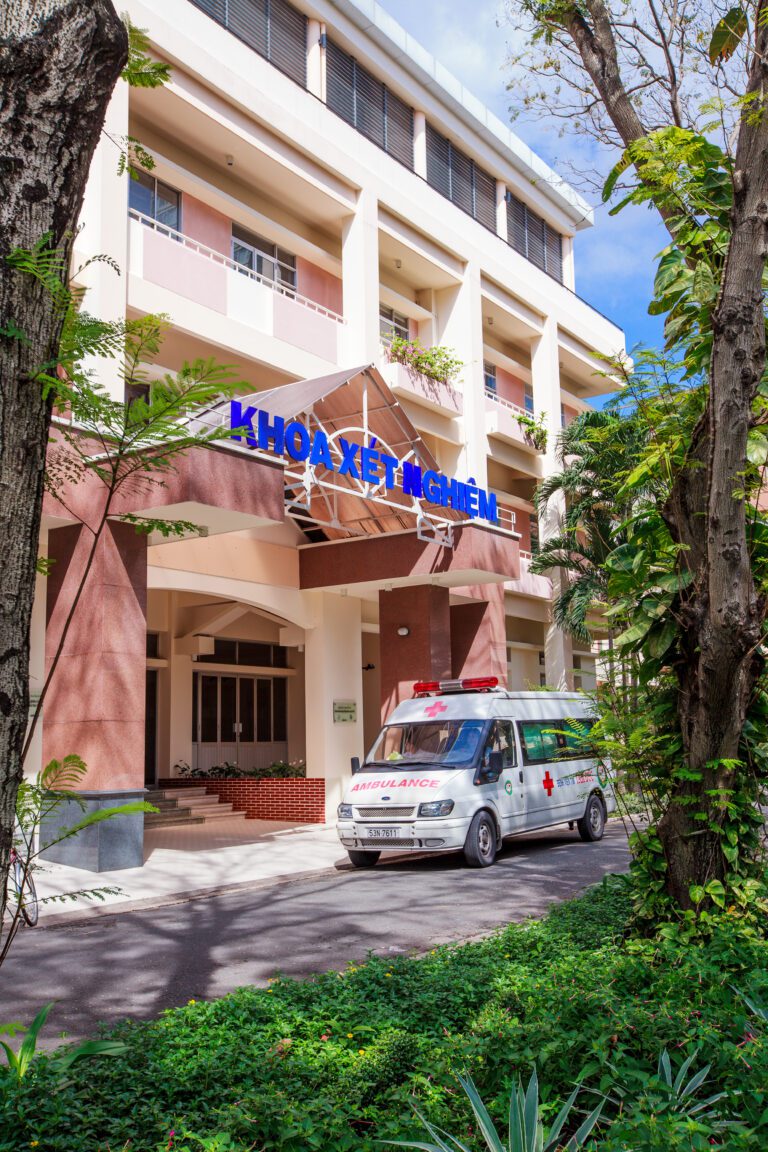OUCRU, in collaboration with Dak Lak’s Department of Health and Centre for Disease Control (CDC), developed a training programme to enhance the capacity of commune vaccine staff, with a particular focus on supporting their communication about the vaccines and vaccination process.
Communes that participated in the training programme saw up to a 42% increase in booster vaccination uptake compared to the communes that did not participate.
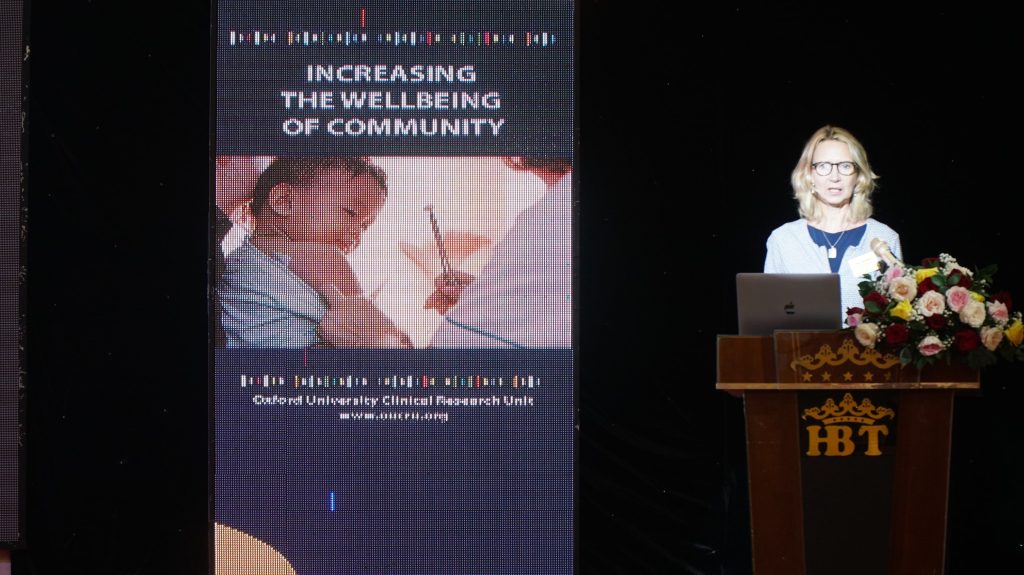
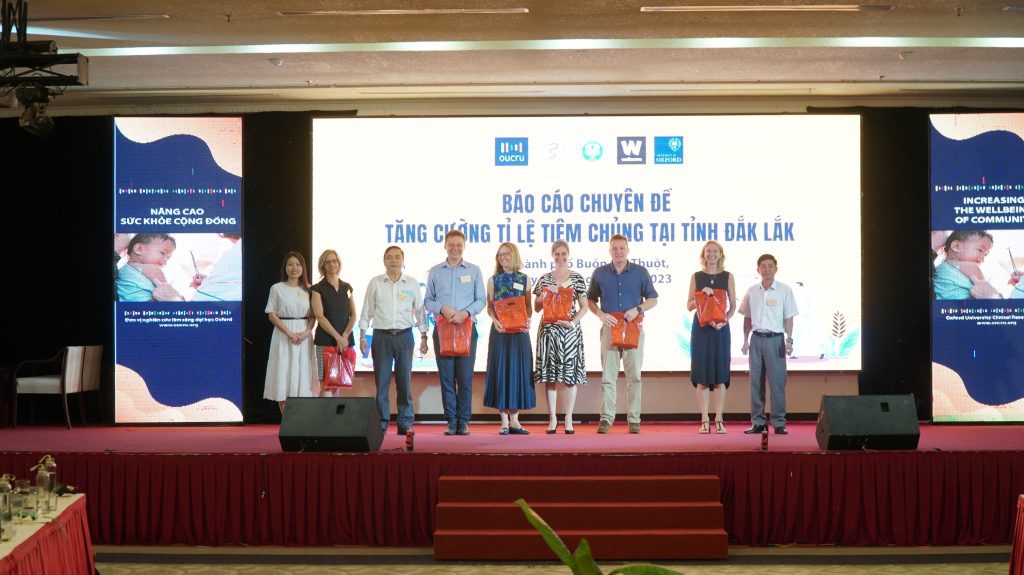
This training programme is part of a 9-year collaboration between OUCRU and Dak Lak’s Department of Health to conduct research on health issues such as zoonotic diseases, Covid-19 and vaccine uptake.
In response to isolated outbreaks and deaths from vaccine preventable diseases, including diptheria and tetanus, in 2016, OUCRU and the provincial CDC started a programme of work to conduct qualitative and quantitative research on vaccine uptake in marginalised groups, and evaluate community engagement interventions.
On May 18, 2023, OUCRU and Dak Lak CDC hosted an event to celebrate the progress made to improve the vaccination rates amongst the province’s most vulnerable communities. The new training modules were introduced, along with results from the pilot training in 17 communes of Cu Mgar district.
The event saw the participation of the National Institute of Hygiene and Epidemiology, Department of Foreign Affairs, Department of Planning and Investment, and district and commune healthcare workers.
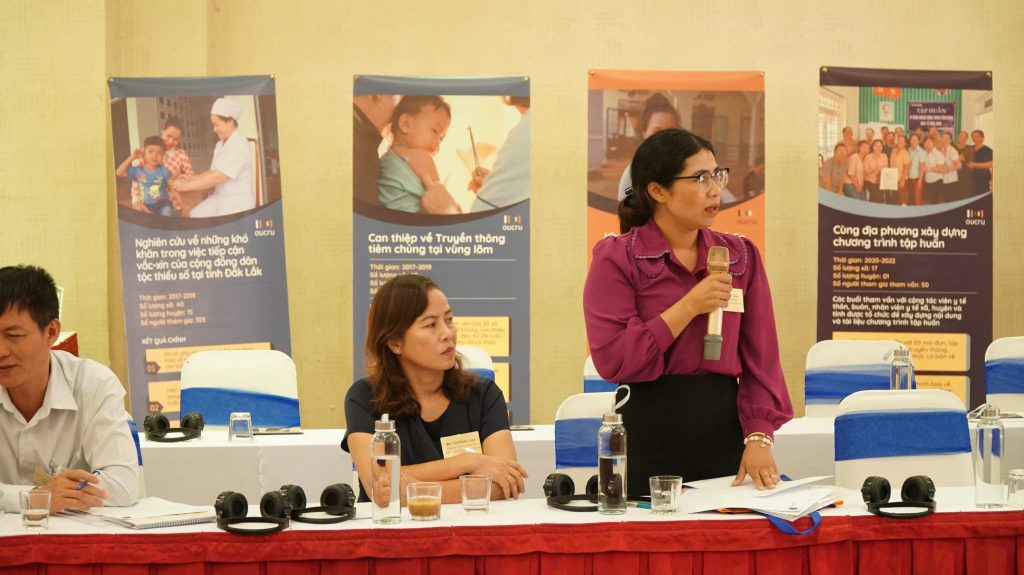
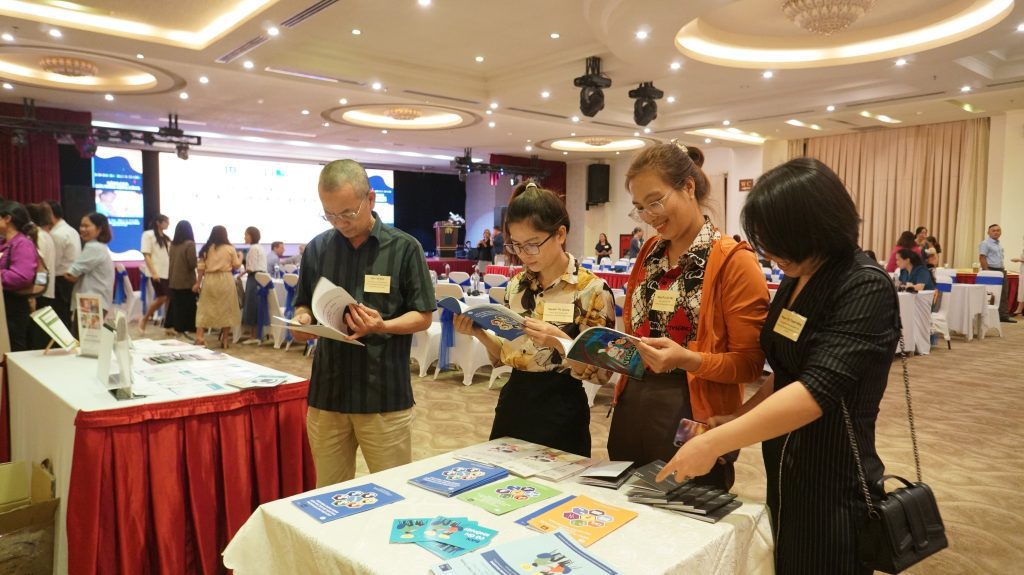
“Before the training was implemented, 52 out of 184 communes in Dak Lak fell behind on vaccination. This is an area of concern for us. After the Covid-19 pandemic, the vaccination rate fell significantly. Capacity building for frontline health workers is now more important than ever.”
Dr Le Phuc, Vice Director of Dak Lak CDC, said during the meeting.
Addressing Structural Challenges
Vaccine delivery and uptake in Vietnam are reportedly very high. However, sporadic outbreaks of vaccine-preventable diseases such as measles, diphtheria, and neonatal tetanus reveal that uptake is not uniform across the country. Outbreaks in rural areas have predominantly been amongst ethnic minority communities.
The first phase of our project looked at the challenges that community members face when getting vaccinations and healthcare workers face when working with community members.
Research carried out by Nguyen Thanh Ha, PhD student at OUCRU, found that most community members know about the benefits of vaccines and express positive attitudes toward vaccination. However, structural challenges such as lack of transportation, lack of driving license, difficult routes to vaccination centres, or difficulties taking work absences to take children to vaccination prevent them from getting vaccinated.
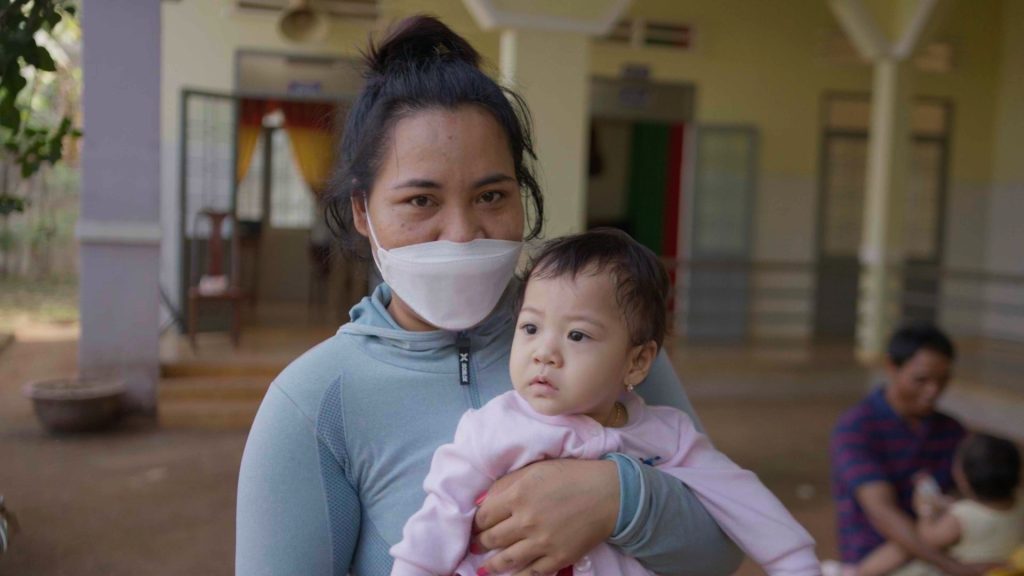
Additionally, the research shows that local healthcare workers play an essential role in encouraging and maintaining the community’s vaccination behaviours. However, they are required to communicate about complex issues, often with community members of another ethnic group and language.
When working with these hard-to-reach communities, the local healthcare workers often rely on village health collaborators, who are often low-paid volunteers with little training in vaccines or communication skills.
The Covid-19 pandemic only exacerbated the issue. According to WHO, 25 million children missed out on one or more doses of diphtheria, tetanus, and pertussis vaccine (DTP) in 2021 alone.
“Reaching the zero dose children and the families that they are a part of is now a global goal for many organisations. Communication is particularly needed to achieve vaccination coverage in hard-to-reach populations.”
Dr Mary Chambers, Head of Public and Community Engagement at OUCRU said.
Training Programme for Commune Vaccine Staff
In response to these findings, we have collaborated with Dak Lak CDC to develop a training programme to enhance the capacity of commune health collaborators and commune health station staff, with a particular focus on supporting their communication about the vaccines and vaccination process.
The outputs are a five-module training manual, supporting communication material such as flash cards. A training of trainer (TOT) course has also been developed to give district-level and village-level health staff who deliver this training to village health collaborators.
This course, ‘Capacity Building for Frontline Vaccination Staff’, and the TOT course have been piloted with 200 health collaborators from 17 communes of Cu Mgar district, Dak Lak province, and with 26 district and village-level health staff (2022-23).
The participatory training programme not only enhances self-confidence by creating an active learning space for commune vaccine staff but also ensures sustainability through capacity building for the trainers.
Feedback from the pilot training shows that the programme is suitable for local health staff and helpful for the commune health collaborators to build their confidence and capacity.
The 20 communes that participated in the training programme saw a significant increase in booster vaccination rate (up to 42%) compared to the communes that did not participate.
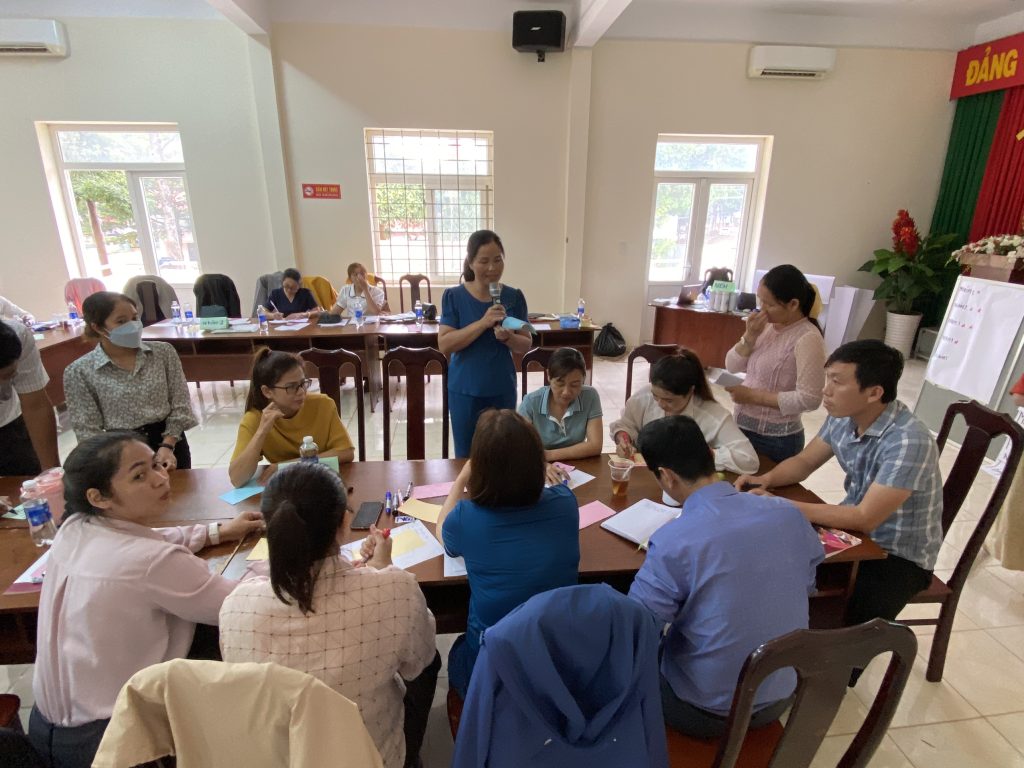
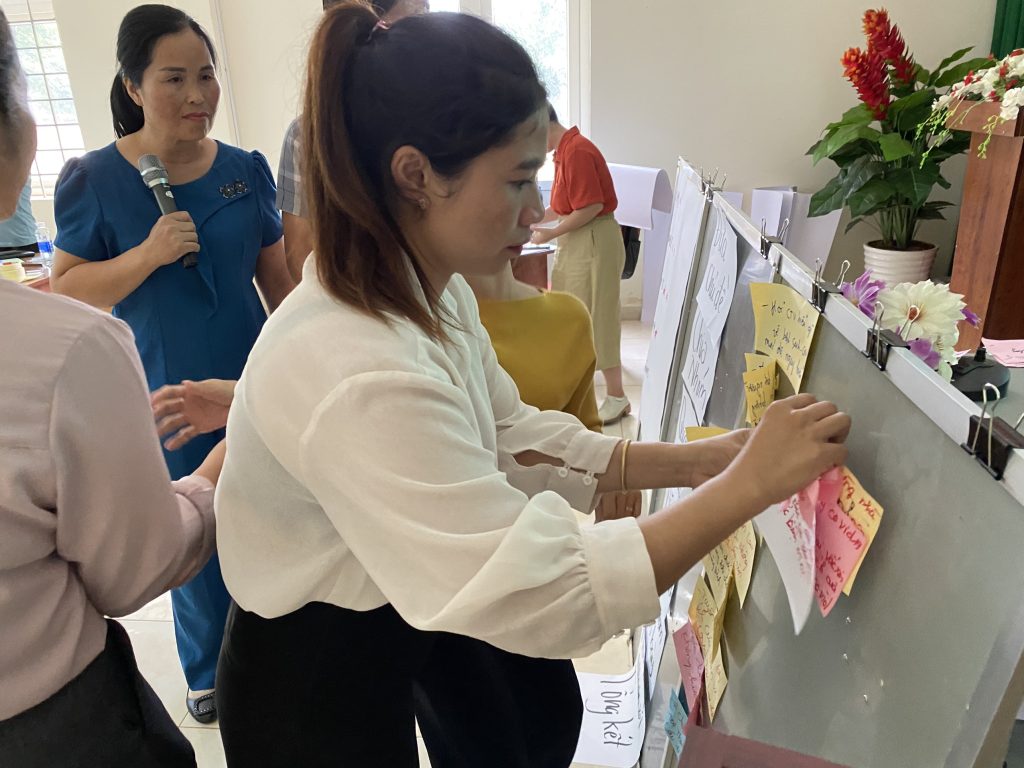
“I feel more confident now, after being the trainer for the first time in my life; I think I just made the impossible possible!”
A commune vaccine staff in Dak Lak province said after the training.
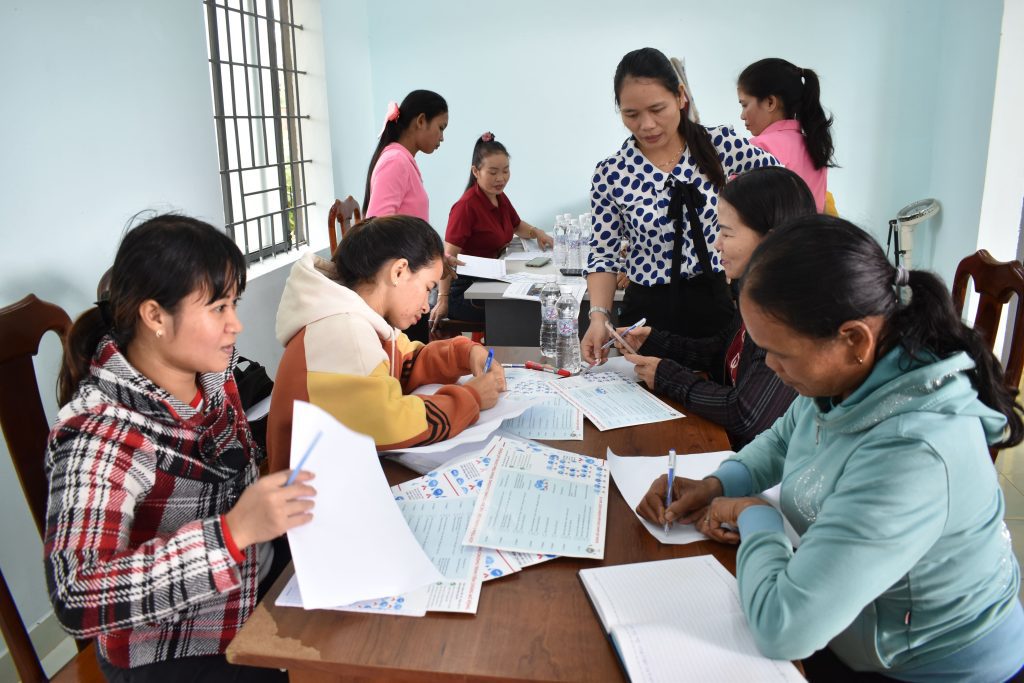
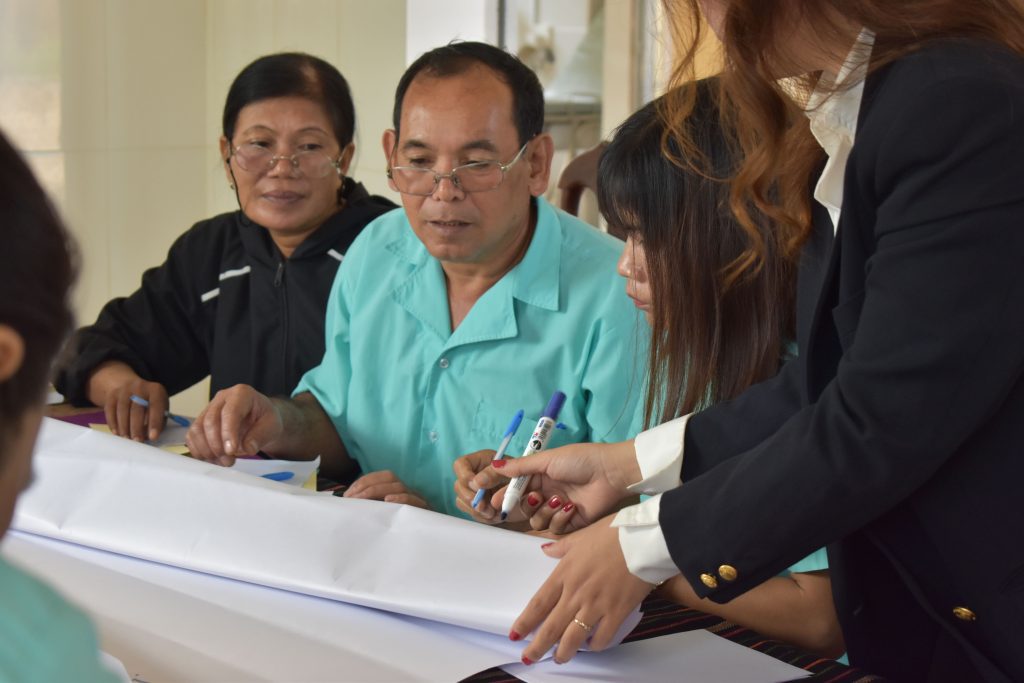
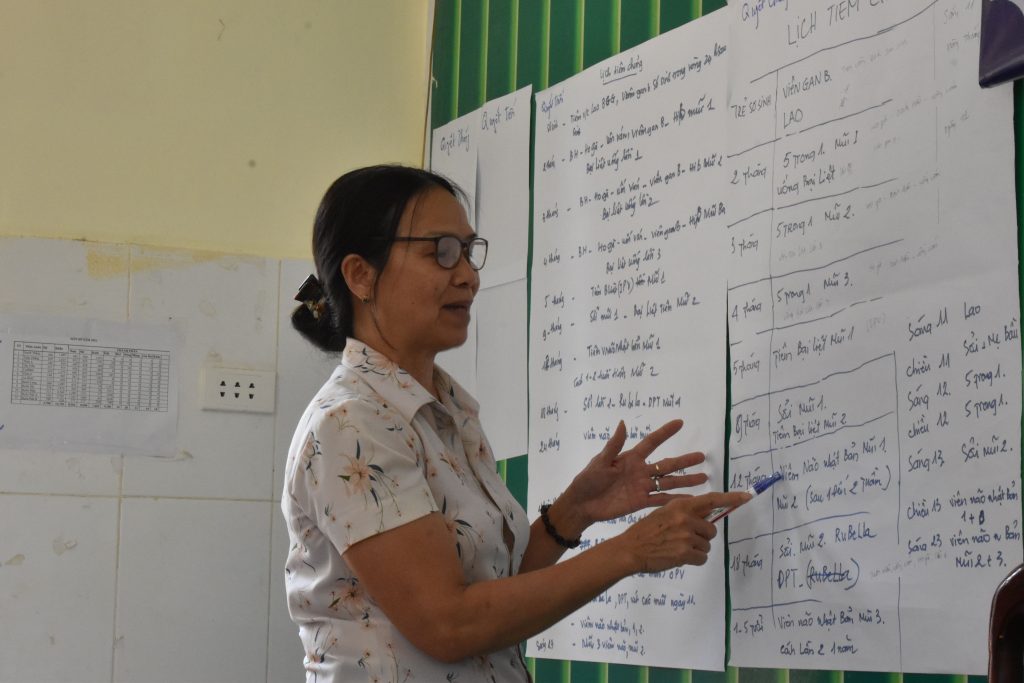
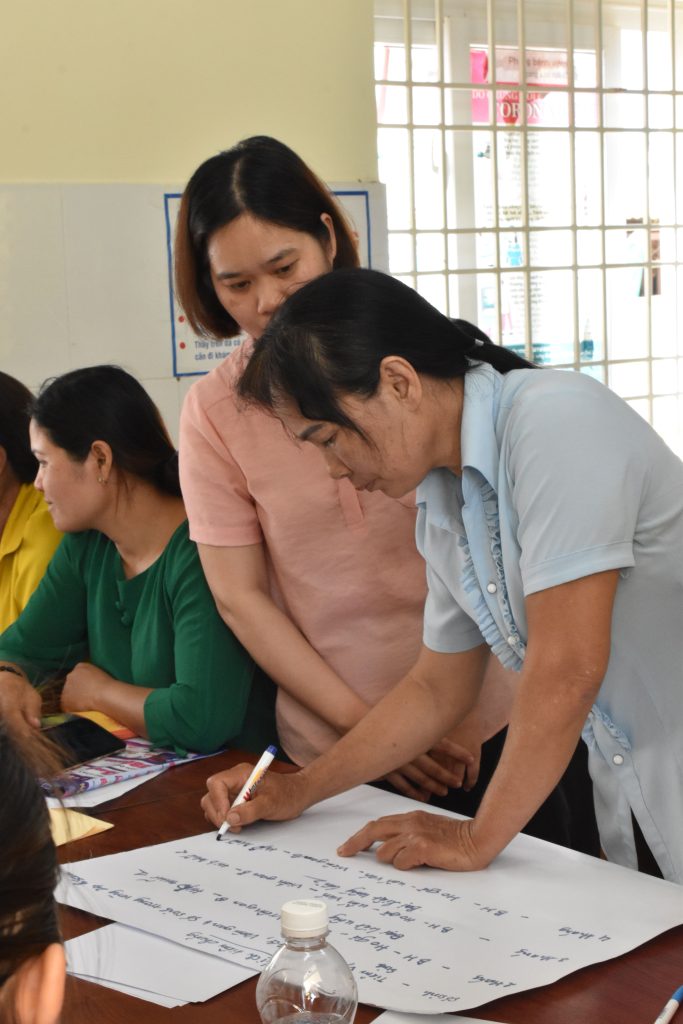
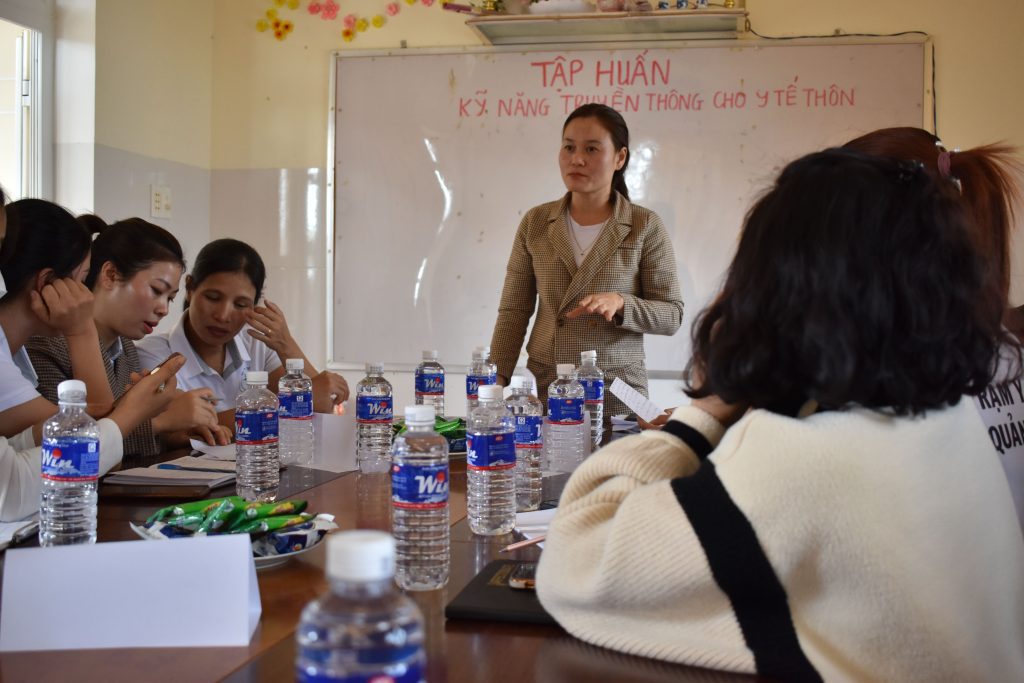
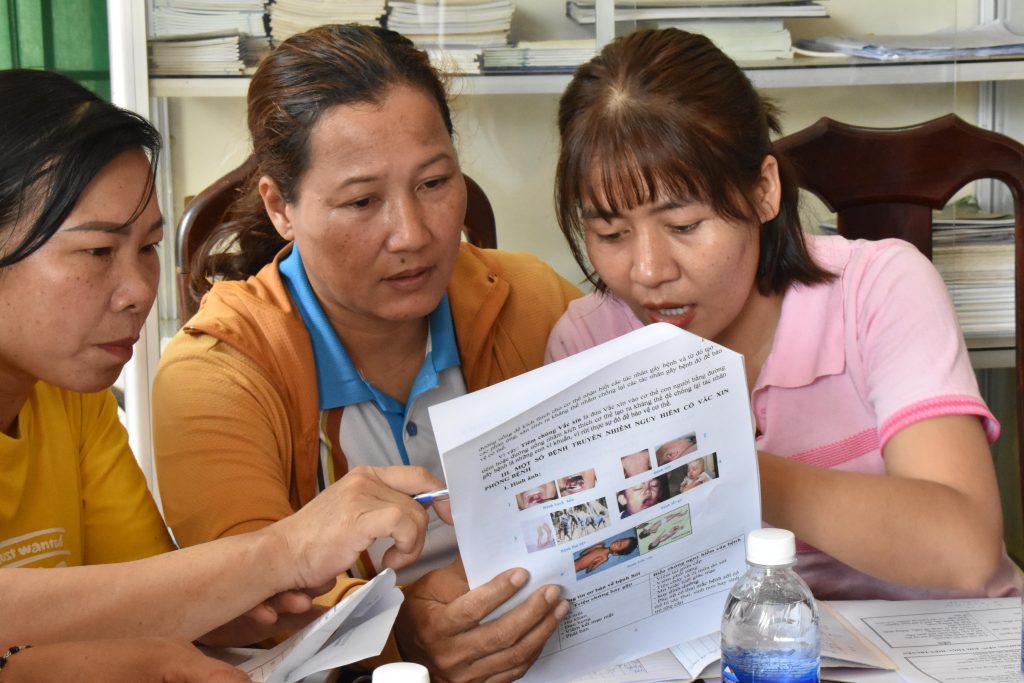
“This new training method focuses on the commune staff; it has them actively learn how to do their communication tasks.”
The Head of a Health Station in Dak Lak province expressed.
“It is our hope that this programme will be used widely throughout Vietnam to support health workers involved in vaccinations in rural areas, and thereby increase the well-being of the communities they serve, especially the disadvantaged and marginalised,” Nguyen Bich Phuong, Senior Engagement Coordinator for the project said.
“I truly hope that we can reflect on the strengths and the needs of these essential workers and how they can be supported to conduct these very important tasks of acting as the interface between the health system and the communities,” Dr Mary Chambers stressed.
This project has been supported by funding from The British Embassy in Vietnam, Wellcome and The Global Health Bioethics Network.



